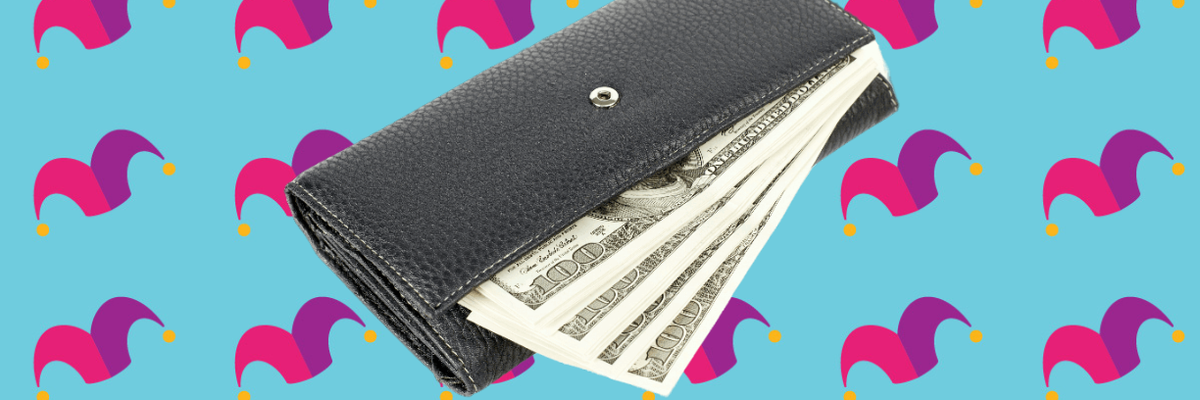Interest-Bearing Checking Accounts Are Overhyped. Here's What You Should Really Focus On
KEY POINTS
- Interest-bearing checking account rates are usually under 0.50%, so you probably won't make much money with them.
- A high-yield savings account or brokerage account is a better choice for money you hope to grow over time.
- Accessibility, including how easy it is to move your funds and deposit and withdraw cash, is most important when choosing a checking account.
With so many places to put your money these days, banks are pulling out all the stops to draw in new customers. One way many institutions have chosen to do this is by offering interest on their checking accounts, something historically limited to savings accounts.
It can sound appealing, but it's not that useful in practice. Here's why and what you should focus on when looking for a new checking account.
What's wrong with interest-bearing checking accounts?
There's nothing wrong with earning a little interest on your checking account funds. But it's more of a gimmick than a useful tool for growing your wealth.
For one, checking account interest rates are usually significantly lower than savings account interest rates. The best savings account rates are currently around 5%. But most interest bearing checking accounts have rates of less than 0.50%.
To give you a comparison, if you deposited $1,000 in a checking account with a 0.50% APY and another $1,000 in a savings account with a 5% APY, your savings account balance would grow to $1,050 after a year. But your checking account balance would still be sitting at $1,005. Because of this, a savings account or a brokerage account is a better home for cash you're hoping to grow over time.
Checking accounts are intended for cash you use for everyday spending, and that highlights another issue with interest-bearing checking accounts. You only earn interest for funds you keep in the account, and your money might not be there for very long. The constant ins and outs can further reduce how much you earn in interest over time.
So what does matter in a checking account?
Accessibility is much more important than an interest rate when choosing a checking account. You want to be able to get your money in and out as quickly and easily as possible.
Most banks offer you several ways to do this. You can transfer money electronically through your online account or a mobile app. You'll probably have a debit card and you may get check-writing capabilities as well. But there are a few additional features you might want to look for.
First, if you use cash often, you might prefer to work with a brick-and-mortar bank that has a branch network in your area. Or you can opt for an online-only bank that has a nationwide ATM network.
Those who find themselves needing to deposit a lot of cash will want a brick-and-mortar bank or an online bank that has a network that includes deposit-taking ATMs. Be sure to look into whether there are any fees associated with using these ATMs.
If you receive a lot of paper checks, a mobile deposit feature is a must. It'll save you a lot of trips to a physical bank branch. Just be sure to check whether there are any limitations to how many checks you can deposit per month or how big the checks can be.
Look into any fees the bank can charge you, as well. One of the biggest to watch for is the monthly account maintenance fee. These are most common with brick-and-mortar banks, and many give you options to waive them. But if you don't think you can get around it, it's best to look for a different institution that won't charge you for an account.
Finally, consider the bank's customer service. You can look at customer reviews and third-party surveys like those J.D. Power conducts annually. But nothing beats testing it out for yourself. If there's a branch in your area, go visit it. Or hop on the phone and ask a few questions about the account. It might not seem that important to you right now, but if you encounter troubles accessing your funds later, good customer service can make all the difference.
And if you have questions about anything to do with the account, contact the bank for clarification before opening it. It's not impossible to close an old checking account and switch to a new bank, but it can be a hassle. It's best to choose an account you're happy with the first time.
Our Research Expert




